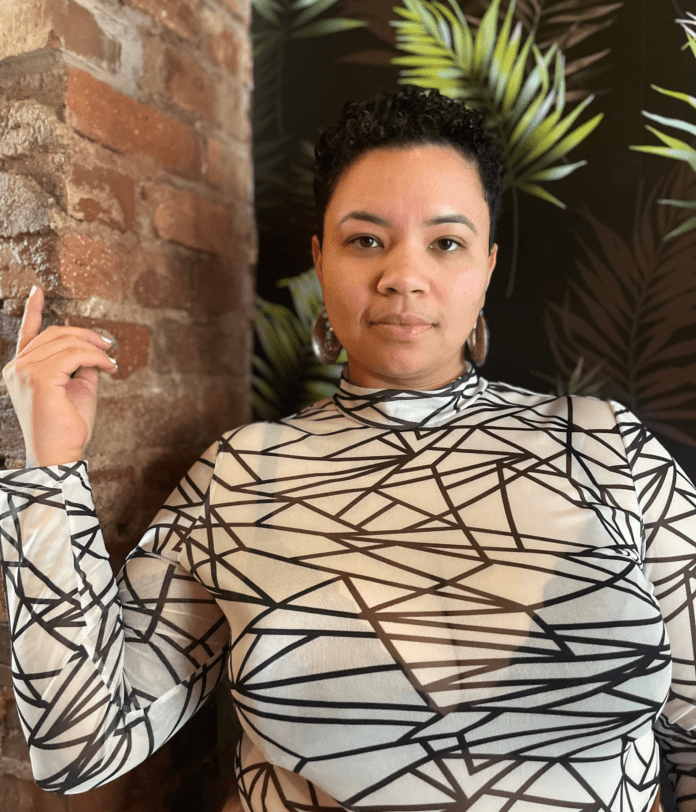I’m not an expert in DEI initiatives, but I do care deeply about where we choose to spend our money and how it impacts the businesses in our communities.
Right now, many people are facing a tough decision: Should we continue supporting corporations that are pulling back on their DEI commitments, or should we take a stand and stop shopping there?
It’s an important conversation, but it’s also a complicated one. Many of these companies sell products from small Black-owned businesses that have fought hard to earn a place on their shelves. If we stop shopping altogether, we may unintentionally hurt the very businesses we want to uplift.
This matters because black business owners have worked tirelessly to get their products into major stores, and here’s the reality: once they’re there, they have to meet sales goals. If they don’t, they risk getting pulled from shelves.
These decisions aren’t based on equity or fairness but on numbers.
If sales drop because consumers are boycotting a corporation, it’s not the corporation that suffers — it’s the Black-owned brand that doesn’t meet its sales targets. That means fewer opportunities, lost income, and potentially starting over from scratch.
This isn’t a simple topic. I get it—it’s frustrating to see companies backpedal on their DEI promises, and it’s upsetting to feel like progress is being undone. But we also have to think about the long game. Right now, we don’t have an alternative system that can replace the reach and visibility that major retailers provide.
Yes, we can and should support Black-owned stores, pop-up markets, and community retailers. But the reality is, many of these businesses still rely on large-scale distribution to grow. If we shift our support away from them in big retail spaces, the numbers will reflect that — and it gives these corporations an excuse to remove Black-owned brands altogether.
Again, I’m not an expert, but instead of thinking in extremes — either boycotting or ignoring the issue — let’s find ways to be strategic with our support.
What is the solution?
Truth is, I don’t know that there’s “a fix,” but here are my thoughts: support Black-owned businesses wherever they are — whether in major retail stores, local markets, or online. Buying their products helps keep them on shelves and allows them to grow. At the same time, hold corporations accountable without hurting these businesses. Instead of simply walking away, demand transparency on DEI commitments through emails, calls and petitions that push for real, lasting change. Finally, focus on building Black economic power by supporting black-owned distribution networks, retail spaces, and media platforms. Encouraging partnerships between major retailers and Black business hubs strengthens long-term solutions and creates more opportunities for growth.
This isn’t about choosing between supporting DEI efforts and supporting Black businesses — it’s about doing both in a way that actually makes a difference. Black entrepreneurs have worked too hard to be pushed out because of boycotts meant to target corporations, not them.
The goal is to build an economic system in which Black-owned businesses thrive everywhere — in big stores, small shops and our communities. That takes strategy, long-term vision, and collective action.
Numbers talk, and in business, they make the rules. Let’s make sure we’re using them to our advantage.
Regina Sloan is a mindset nurse who helps women let go of the past, decrease stress, enjoy the present and reach their future goals. Reach her at info@reginasloancoaching.com; LinkedIn: Regina Sloan; Facebook: Regina Sloan Coaching; Instagram: @Yourmindsetnurse.




